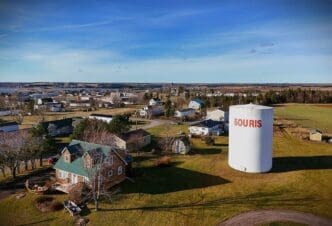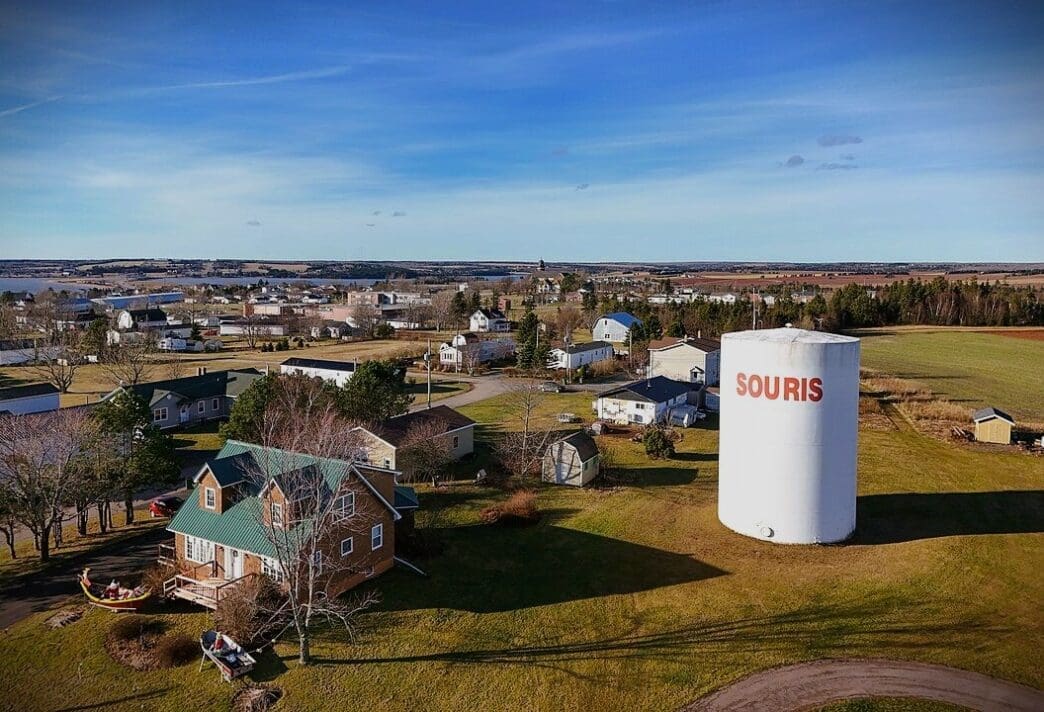A nationwide exploration of voter concerns is underway as communities across Canada prepare for the upcoming federal election. This initiative seeks to uncover the issues that resonate most with Canadians, from their daily lives to their future prospects. Nestled in the northeastern tip of Prince Edward Island, the quaint fishing town of Souris holds a rich history, named after the mice infestation of the early 1700s that devastated local crops. Known for its francophone roots, the town is adorned with the Acadian flag and a playful rodent mascot named Morgan. The surrounding patchwork of russet-hued fields thrives in the island’s nutrient-rich red clay soil, ideal for potato cultivation.
This fertile land remains a cornerstone of PEI’s economy, contributing significantly as a potato supplier across North America. Despite the prosperity, the potato industry faces challenges from the potato wart—a soil-borne fungus that, while harmless to humans, severely impacts the agricultural sector. In 2021, the discovery of potato wart led to a temporary ban on PEI potatoes by the United States, causing considerable economic losses. Although restrictions remain to prevent further outbreaks, farmers remain uneasy, especially with the policies of Donald Trump’s administration affecting trade dynamics.
PEI’s potato industry, valued at $1.3 billion, experiences fluctuations due to changing tariffs on Canadian exports. Recently, Trump temporarily withdrew a 25% tariff under the U.S.-Mexico-Canada Agreement, yet tariffs on other imports persist. For local farmers like Boyd Rose of East Point Potatoes, these tariffs have resulted in significant financial setbacks. With duties amounting to $20,000 for recent shipments, the future remains uncertain amid potential lobbying efforts to restrict PEI potato imports.
The political landscape is further shifting as long-time representative Lawrence MacAulay steps down from the Cardigan riding. Farmers like Boyd Rose, traditionally Conservative voters, are reconsidering their political alignment amid the election’s focus on trade and agricultural policies. The cultural significance of potatoes on PEI underscores the importance of stable trade relations and effective governmental support for the sector.
This election season coincides with the start of the planting period on the island, where farmers like Boyd and Keisha Rose Topic work tirelessly to maintain their operations. Keisha, breaking with family voting traditions, supports a local Liberal candidate with agricultural ties, highlighting her desire for effective disaster recovery and industry support. The island’s recent experiences with natural disasters and economic uncertainty emphasize the need for proactive government intervention and timely aid for affected sectors.
Impact on Daily Life
The ongoing challenges faced by PEI’s potato industry illustrate a broader economic impact on local communities heavily reliant on agriculture. The uncertainty surrounding trade tariffs and disease outbreaks poses significant financial risks for farmers, affecting their livelihoods and economic stability. This uncertainty extends to local businesses and service providers, whose fortunes are intertwined with the agricultural sector’s success.
Moreover, the political decisions made in response to these challenges will have ripple effects across the community. Effective government support can enhance economic resilience, ensuring farmers receive timely assistance and protection from market volatility. As the federal election approaches, the choices made by voters and politicians alike will play a critical role in shaping the future of PEI’s agricultural landscape and its broader economic health.













